Johnson and Boswell mentioned it, as did Daniel Defoe, while Sir Alex Ferguson believed it to be true.
Generations of Invernessians have been told they speak the best English in the UK.
The claim has re-emerged recently on social media with the recirculation of Sir Alex’s comment to South Korean journalists while he was managing Manchester United.
“Do you know that the most perfect English in the world is spoken in Scotland? “, he asked.
“If you go up to Inverness for a day you will learn how to speak English perfectly.”
Who says Inverness English is the best?
If the Koreans did come north to investigate they may have been asked by today’s locals ‘how ye dooeen?’
The correct reply would be ‘no bad, how’s yersel?. Or the less informative ‘yer seein’ it’.
They may have searched for the ‘rubber bumpers’ of legend, or for an answer to why most inquiries are met with the reply ‘right enuff’.
But to examine the roots of the claim about the best spoken English we have to go back centuries. Who started it? And when?
Dr Lesley Mickel, a lecturer in literature at UHI Inverness, helped us do a fact check.
She says it is a theory that has been suggested “many times” for Inverness and can also says be applied to the wider Highlands.
Famed English writer Dr Samuel Johnson and his biographer James Boswell’s travelled to Inverness in 1773.
They talked about Oliver Cromwell’s soldiers, present in Inverness in the 1650s, influencing the accent of local people.
Johnson said Invernessians ‘in general speak remarkably good English’.
Daniel Defoe, author of Robinson Crusoe, says something similar .
He said: “As Cromwell’s soldiers initiated them thus into the arts and industry of the husbandman, so they left them the English accent upon their tongues, and they preserve it also to this day.
“For they speak perfect English, even much better than in the most southerly provinces of Scotland.
“Nay, some will say that they speak it as well as at London, though I do not grant that neither.”
Does Gaelic help make Inverness the best English?
Dr Mickel said the Cromwell reference could have an element of truth.
“The Inverness burgh records from the 16th century, for example, are written in Scots.
“So, it may be that something did change during the 17th century due to the short-lived but significant presence of the Cromwellian citadel.”
But Gaelic also had its part to play.
Prof William Mackay wrote the Chronicles of the Frasers in the early 20th century.
He said ‘the language was acquired by a Gaelic-speaking people whose native tongue was remarkably free from brogue or accent’.
In 2018, Erika Amdahl af Geijerstam at the University of Bergen said Inverness English was frequently described as being closest to ‘the Queen’s English’.
So, is it true that Inverness English is the best?
So, having looked into the long-held claim about the Inverness accent, what is Dr Mickel’s verdict?
“My own feeling is that this is all a bit of a myth.
“Gaelic speakers from different parts of Scotland have distinctive dialects or accents.
“And it depends on what you regard as the best spoken English.”
Robert Millar, professor in linguistics and Scottish language at Aberdeen University, has his own take.
He said the Inverness accent developed from ‘Highlands and Islands English’, originally spoken as a second language by native Gaelic speakers.
Nowadays, many people who don’t speak Gaelic still have this accent as they grew up hearing it.
“When you come across people who are very good second language speakers, or descended from them, you will hear something which is much more correct.
“Very good second language speakers have a greater command of standard English than most native speakers do.
Influences of central Scotland
“That’s because most native speakers don’t speak standard English, they speak variants of it with dialects etc.”
Prof Millar said Scots’ pronunciation, including use of Rs, can make their English easier to understand.
“If you are an American, you’ll probably understand Highlands and Islands English better than the English you hear in London.”
But, he said, the Inverness accent has been influenced over time by the language of central Scotland, including from incoming workers and, more recently, radio and TV.
It has also been affected by ‘covert prestige’, where people use non-standard dialects to form a sense of group identity.
What’s his judgement on Inverness’s ‘perfect English’ claim?: “There may be something in it, but I wouldn’t go too far down that road!”
Spikkin Scots: Listen to the different dialects of Scotland with our interactive map
For more Inverness news and updates visit our dedicated page and join our local Facebook group.
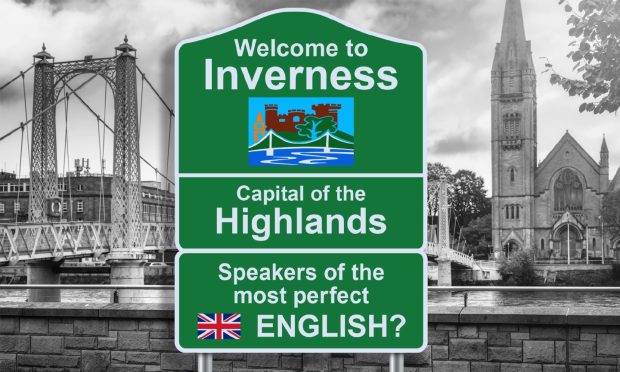
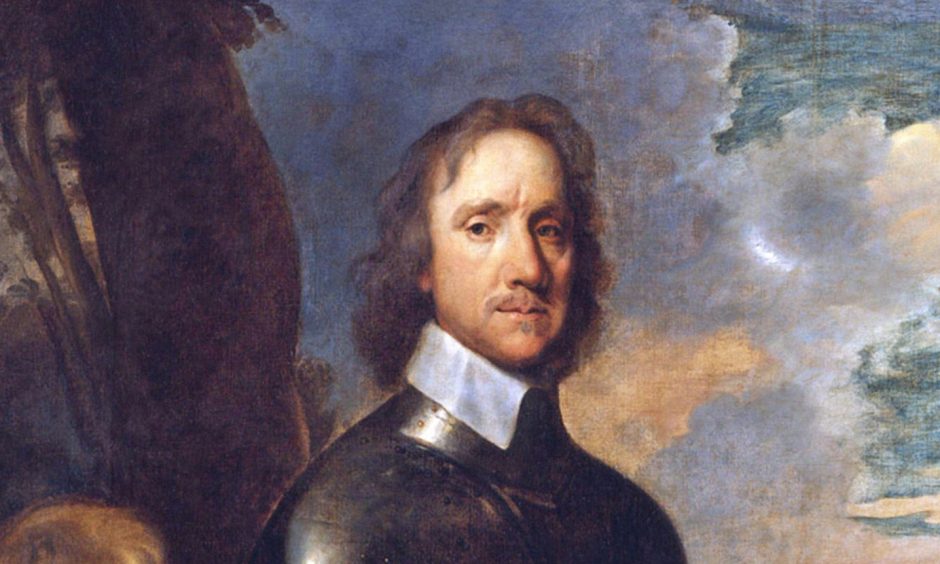
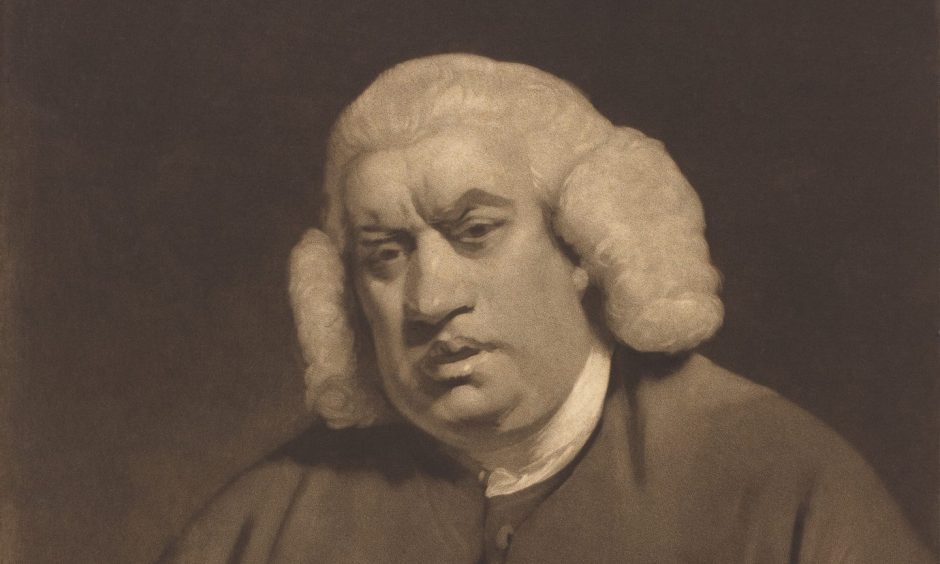
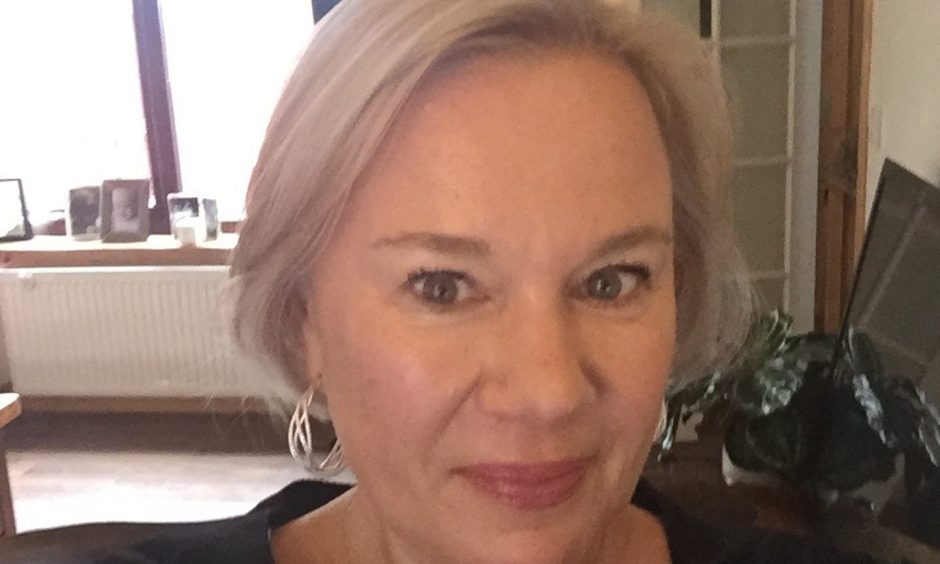
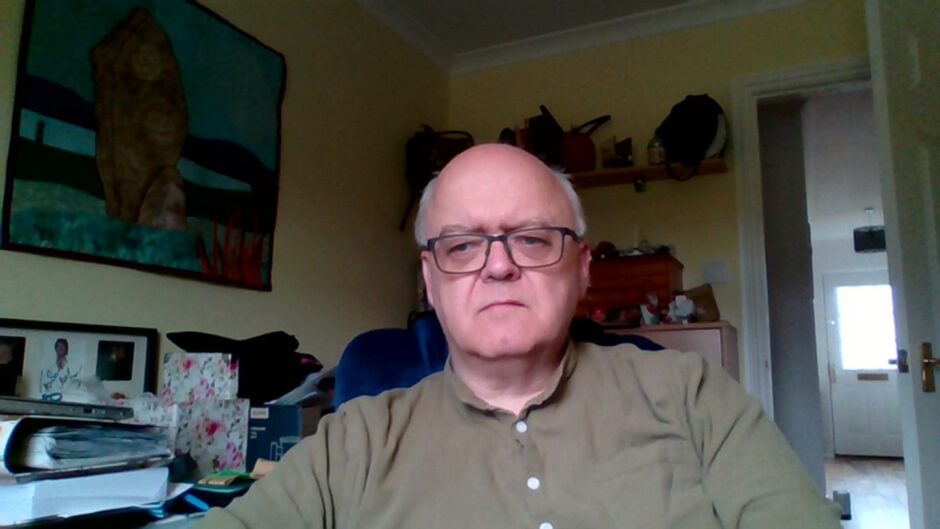
Conversation